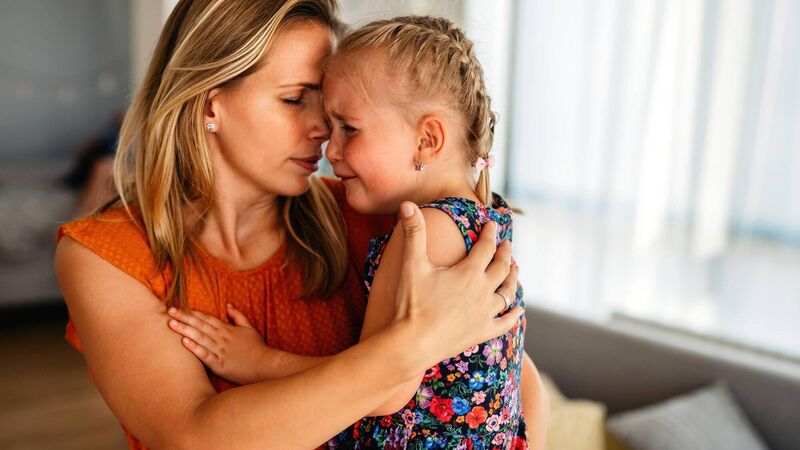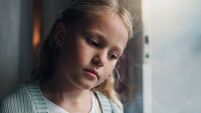Joanna Fortune: A trial visit to playschool didn't go well, I'm dreading the real thing in September

Joanna Fortune: "Any changes in routine that would introduce someone new into their care network and/or see them entering a new and therefore unfamiliar environment is often met with resistance. This resistance can be expressed as protest (refusing to go to school) or distress (tears and clinginess)." Picture: istock











